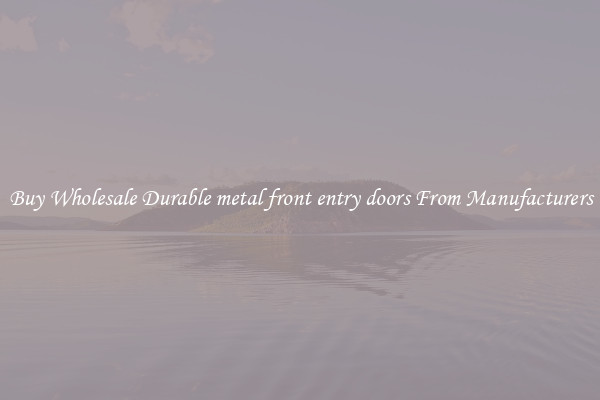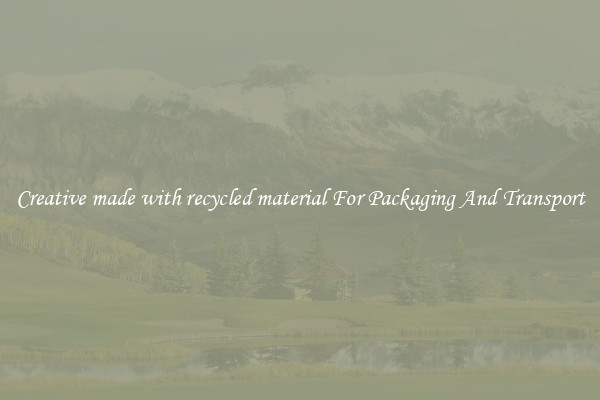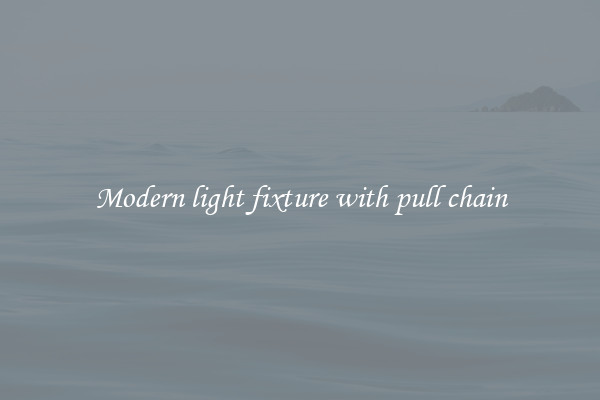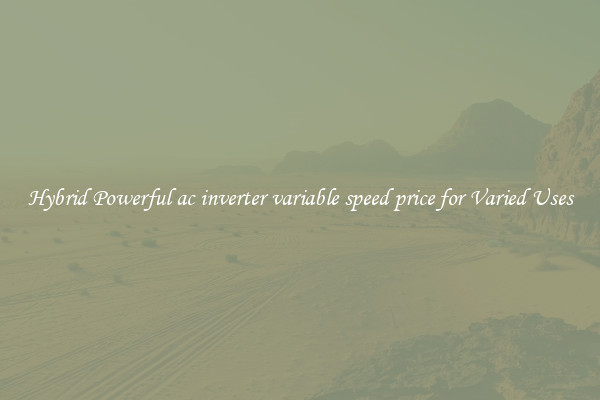Recycled Multipurpose & Durable metal inverter housing
Recycled Multipurpose & Durable Metal Inverter Housing
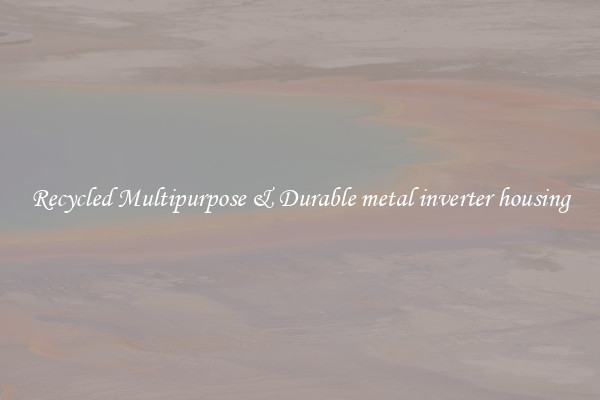
The use of renewable energy sources has been increasing over the past few years, with solar power being one of the most popular choices for homeowners and businesses alike. In order to make the most of this clean energy source, inverters are used to convert the direct current (DC) generated by solar panels into alternating current (AC) that can be used to power homes and businesses.
One of the key components of an inverter is the housing, which protects the internal components from environmental factors such as dust, debris, and moisture. Traditionally, inverter housings have been made from plastic or aluminum, which can be costly to produce and are not the most sustainable materials. However, there is a new trend emerging in the industry - recycled multipurpose and durable metal inverter housing.
Using recycled metal for inverter housings offers several advantages. Firstly, it helps to reduce the demand for new raw materials, which can help to lower the environmental impact of manufacturing processes. Recycled metal is also more cost-effective than new materials, making it an attractive option for manufacturers looking to reduce costs without compromising on quality.
In addition to being more sustainable and cost-effective, metal inverter housings are also more durable than their plastic or aluminum counterparts. Metal is inherently stronger and more resistant to wear and tear, making it an ideal choice for protecting sensitive electronic components. This increased durability can help to extend the lifespan of inverters, reducing the need for frequent replacements and ultimately saving money in the long run.
Furthermore, metal inverter housings have a wide range of uses beyond just protecting internal components. They can also be used to house batteries, control panels, and other auxiliary components, making them a versatile and multipurpose solution for solar power systems.
In conclusion, recycled multipurpose and durable metal inverter housing offers a sustainable, cost-effective, and durable solution for protecting and housing sensitive electronic components in solar power systems. By choosing metal housings over traditional materials, manufacturers can reduce their environmental impact, lower costs, and ensure the longevity of their inverters. This innovative approach to inverter design is shaping the future of renewable energy technology and leading the way towards a more sustainable future.

View details
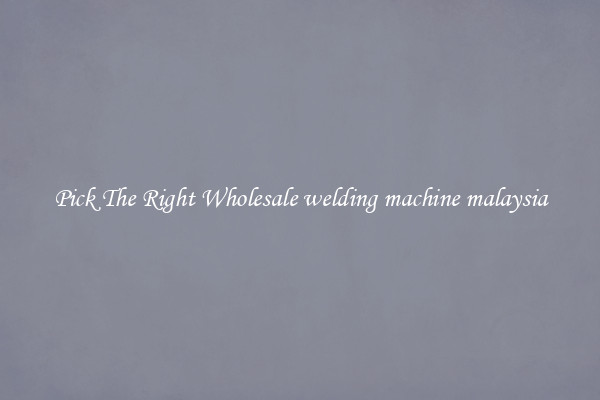
View details

View details

View details


